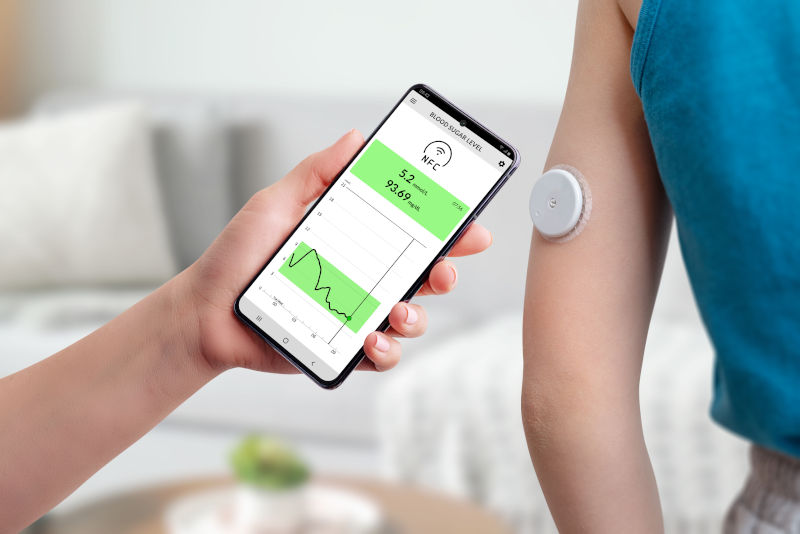.png)

At Promenade Software we have been fortunate to be part of projects that have implemented companion apps to improve their medical devices such as glucose monitoring systems. A family member of mine with diabetes was able to monitor his blood sugar level throughout the day using his companion app on his phone. I personally saw the benefits and ease for my family member to be able to control his input throughout the day.
In the quickly evolving environment of healthcare technology, the integration of companion apps with medical devices is an important trend. These applications play a pivotal role in enhancing the overall functionality, usability, and effectiveness of medical devices. From improving patient engagement to providing valuable insights for healthcare professionals, companion apps are reshaping the way we interact with and benefit from medical devices.

1. Remote Monitoring and Management
Companion apps enable real-time remote monitoring of patients, allowing healthcare professionals to keep track of vital signs, treatment adherence, and overall health status. This is particularly beneficial for patients with chronic conditions who require continuous monitoring. The ability to manage and adjust medical devices remotely enhances the efficiency of healthcare delivery and improves patient outcomes and attitude.
2. Patient Engagement and Empowerment
Companion apps empower patients by providing them with valuable information, educational resources, and personalized insights about their health. This not only develops a sense of ownership over one's well-being but also encourages complying to treatment plans. Engaged patients are more likely to take an active role in their healthcare, leading to better overall health management.
3. Data Collection and Analysis
The integration of companion apps allows for the seamless collection of data from medical devices. This data can be analyzed to identify trends, patterns, and anomalies, providing healthcare professionals with valuable information for making informed decisions. The data can be stored and retrieved on a secure HIPAA (Health Insurance Portability and Accountability Act) compliant cloud such as our CypherMed Cloud. The insights derived from data analysis contribute to personalized and targeted healthcare actions.

4. Enhanced User Experience
Companion apps often come with user-friendly interfaces, making it easier for patients to interact with and control their medical devices. Customizable settings, alerts, and notifications contribute to a more personalized and easy-to-use user experience. This is especially important for devices that patients use on a daily basis, such as insulin pumps or continuous glucose monitors.
5. Medication Adherence
For medical devices that involve medication delivery, companion apps can play a crucial role in promoting adherence. These apps can send reminders for medication schedules, track usage patterns, and provide educational information to ensure that patients understand the importance of following their prescribed treatment plans.
6. Integration with EHRs
Companion apps help with the integration with Electronic Health Records (EHRs), making communication between healthcare providers and patients immediate and more efficient. This ensures that relevant information is easily accessible to medical professionals, leading to more informed decision-making and improved patient care.

Conclusion
Companion apps are changing the healthcare environment by bridging the gap between medical devices and patients. Having witnessed how it improved the health of one of my family members, the remote monitoring capabilities contributed to more personalized and effective healthcare. As technology continues to advance, the symbiotic relationship between medical devices and companion apps is set to play an increasingly critical role in improving patient outcomes and shaping the future of healthcare. Promenade Software can help you with the Development, the Design, and the Implementation of a Companion App for your medical device. Please Contact Us for more information.